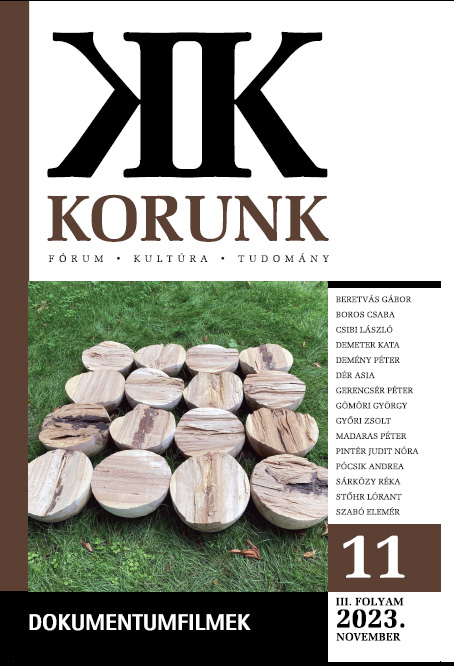Megfelelő közelség. Jean Rouch Az őrület urai című etnográfiai filmjének értelmezése
Ideal proximity: the interpretation of Jean Rouch’s ethnographic film The Mad Masters
Author(s): Elemér SzabóSubject(s): Anthropology, Media studies, Film / Cinema / Cinematography
Published by: Korunk Baráti Társaság
Keywords: Jean Rouch; visual anthropology; rituals; hauka-cult; ethnographic film
Summary/Abstract: Jean Rouch is the iconic director of the French New Wave, the ethnographer and visual anthropologist of sub-Saharan Africa, and also the inventor of the cinéma vérité style. His perplexing and much-debated film The Mad Masters is a cornerstone of his oeuvre in regard to ethnographic filmmaking. During a “hauka” possession ritual emblematic figures of colonial rule come to life as “spirits” in front of Rouch’s camera. The reception of the film proposed many diverse interpretations. Is it an anti-colonial parody, collective therapy, the carnivalesque reversal of the world as Bakhtin described it, or the “colonised psyche” theorized by Fanon? My paper aims to introduce shades into the debate and discuss how arguments relate and rely on each other. I first clarify the visual research methods of the filmmaker and the general context of his cinematic approach. Secondly, I argue that in order to understand the social dimension of the ritual presented in the film we have to undertake a close reading of the film involving postcolonial theories, the notion of the carnival, lévinasian ethics and written ethnographic descriptions of the hauka-cult.
Journal: Korunk
- Issue Year: 2023
- Issue No: 11
- Page Range: 16-30
- Page Count: 15
- Language: Hungarian

